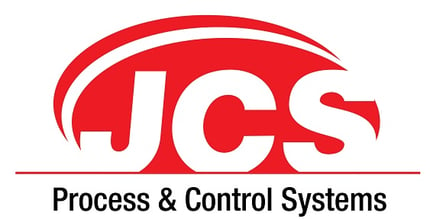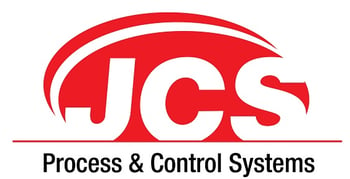Spirits manufacturers constantly face many different challenges in their industry, some of the most important being, accelerate proofing, consistent product quality, reduced product giveaway, maximize yields, and satisfying government regulations regarding taxation on %Alcohol by volume. With the JCS UltraBlend™, distillers can meet these challenges by streamlining their production, eliminating the need for Proof Tanks, currently used to obtain the required %ABV (%Alcohol by Volume), Tightening Quality Control(can include added sugar, flavorings, spices, etc.). Ultimately the producer can save in many ways:
- Blog
JCS Process & Control Systems is pleased to announce its partnership with the James B. Beam Institute at the University of Kentucky to help advance the mission of giving students and researchers in the bourbon industry the opportunity to learn the operation of a distillery and to have a common place to come together to run studies.
JCS Process & Control Systems announced that its Founder and Chief Executive Officer, Philip R Frechette has decided to retire from his day-to-day responsibilities with the company effective January 1, 2022. Additionally, Phil will continue in his role as JCS Chairman of the Board for the foreseeable future.
.png?width=1200&name=Social%20Media%20Posts%20(60).png)
Everybody is interested in data management, reporting, and integrating all of this data with their ERP systems.
The Allen-Bradley PLC5 and SLC controllers have been the workhorses of most production facilities in the US for decades and decades.
Preventive maintenance (PM) is a key part of facilities management, and your goal is to develop and implement consistent practices that improve the performance and safety of the equipment at your facilities. While the implementation of a preventative maintenance plan can be time-consuming and costly, from our years of experience, we believe that the benefits far outweigh the risk of not having one in place. Fewer equipment stops mean less production waste, less unplanned downtime, and a healthier business. Follow these five tips to ensure you have an effective, efficient, and sustainable PM program for your facility.
Everyone wants to start out with new equipment, but the current economic climate requires many companies to keep getting more out of their existing assets.
What is an engineering study? How is it useful? Why should I pay for one? These are all great questions. First, at JCS, an engineering study is useful when a customer needs to identify a problem, or multiple problems within their systems in their facility. Paying for an engineering study, or engineering evaluation, allows an outside organization to come into your facility with a fresh perspective to look at the big picture. Whether trying to identify possible contamination points creating micro counts on a low acid aseptic line, identifying areas for improvement in yields, or even looking at ways to treat your product better during processing for improved quality; an engineering study brings the perspective of outside engineering experts to evaluate, provide data, and a detailed report to assist you to make the best business decision.
Are you aware of the security risks of hosting HMI applications on thick clients? How much time gets spent ensuring thick client operating systems are updated or the amount of time and expense involved in replacing a HMI thick client that fails? In JCS’s breadth of experience, the solution to eliminating the security risks of thick clients, reducing maintenance support, and when necessary, quick replacement in a matter of minutes is simple when HMI applications are hosted on thin clients. Some of the key benefits of Thin Clients are:
As a beverage producer you are regularly evaluating market options for differentiating your aseptic product lines, and that ofttimes requires new or modified aseptic processing systems in your enterprise. Your Staff and Engineering Team will have to answer questions like: How can I choose the appropriate system for my plant? What is the best technology? Can I use only one processing system for all my applications? There is no correct answer for what the best technology is for UHT or HHST design. One technology may be best for one product and not for another. Therefore, the product application should be the driver of your selection. If the wrong technology is selected, the product may not meet proper specifications or quality. The best technology for the application is the one that produces the best product quality at the lowest capital and operating costs.




